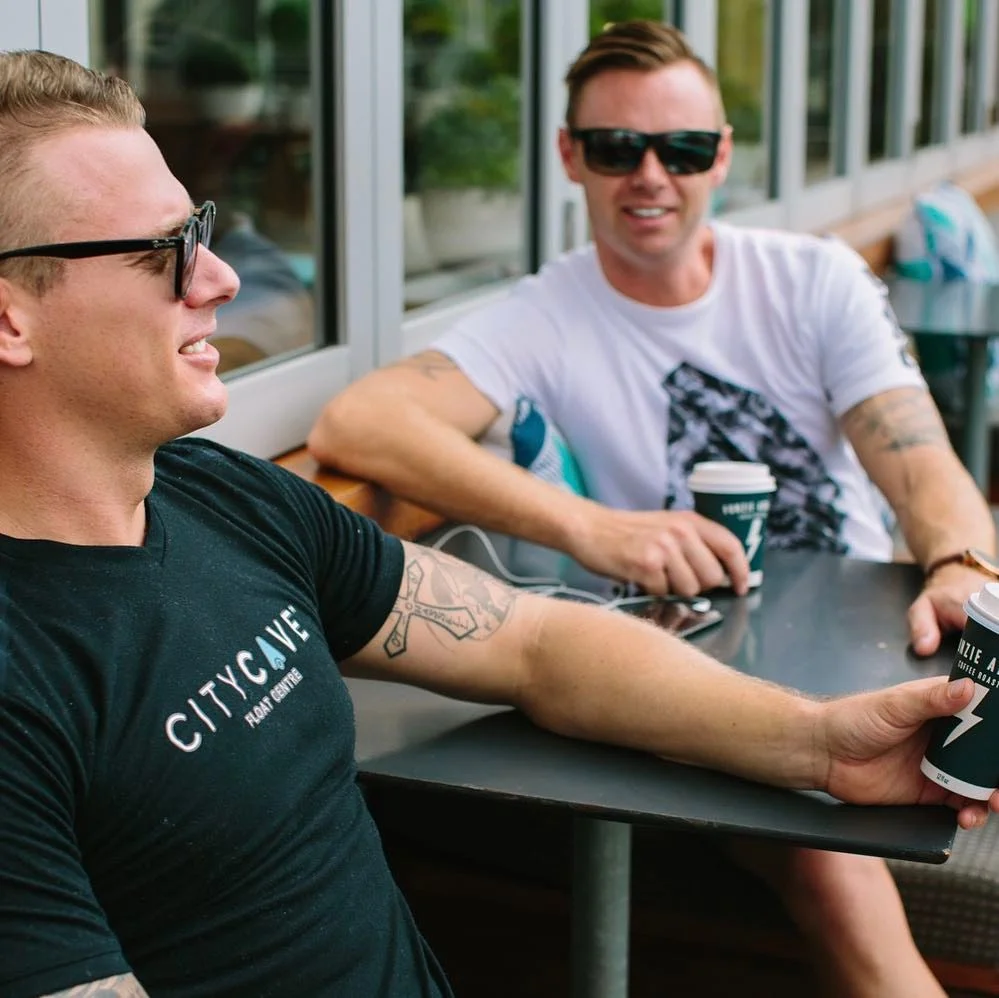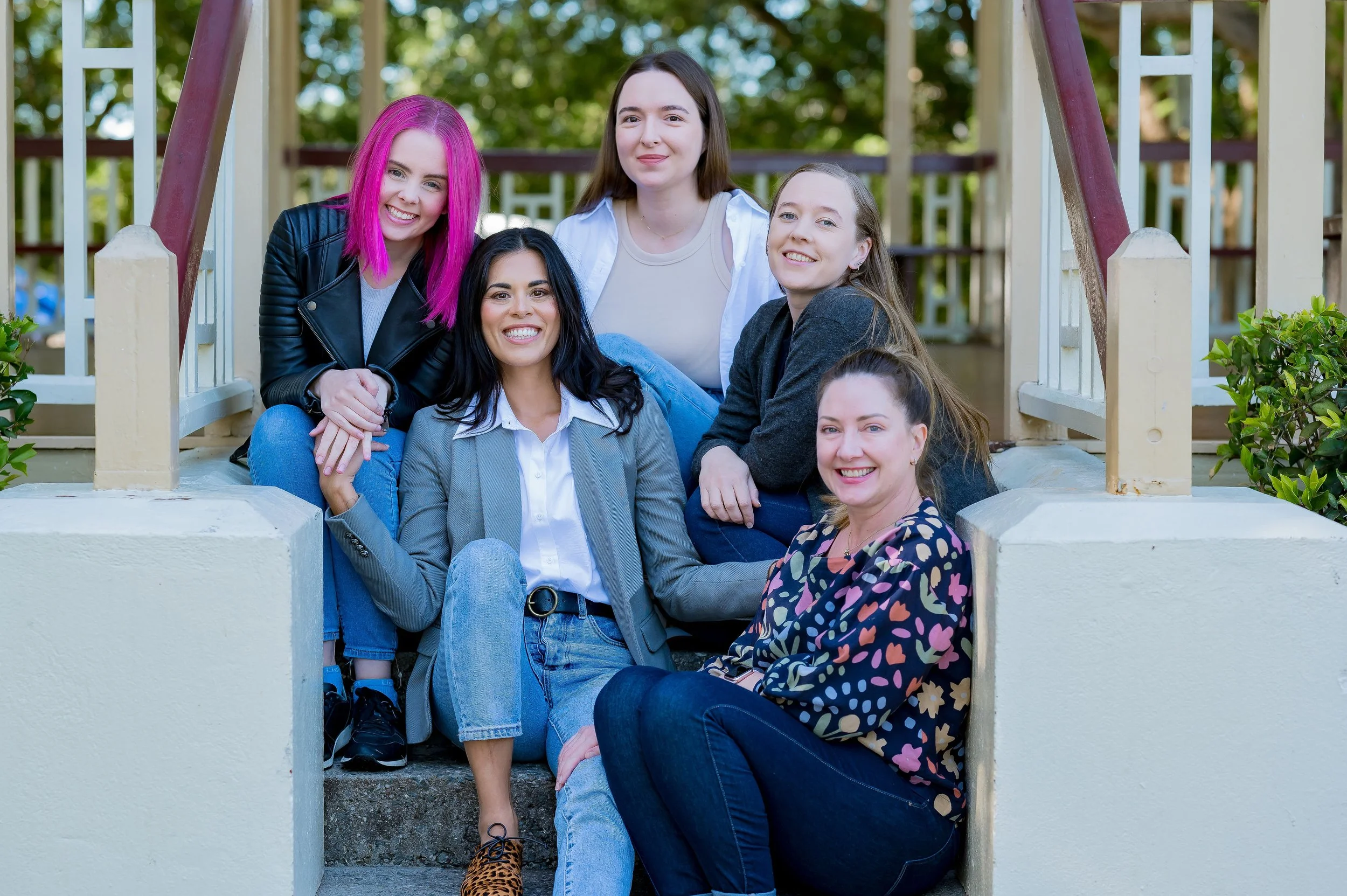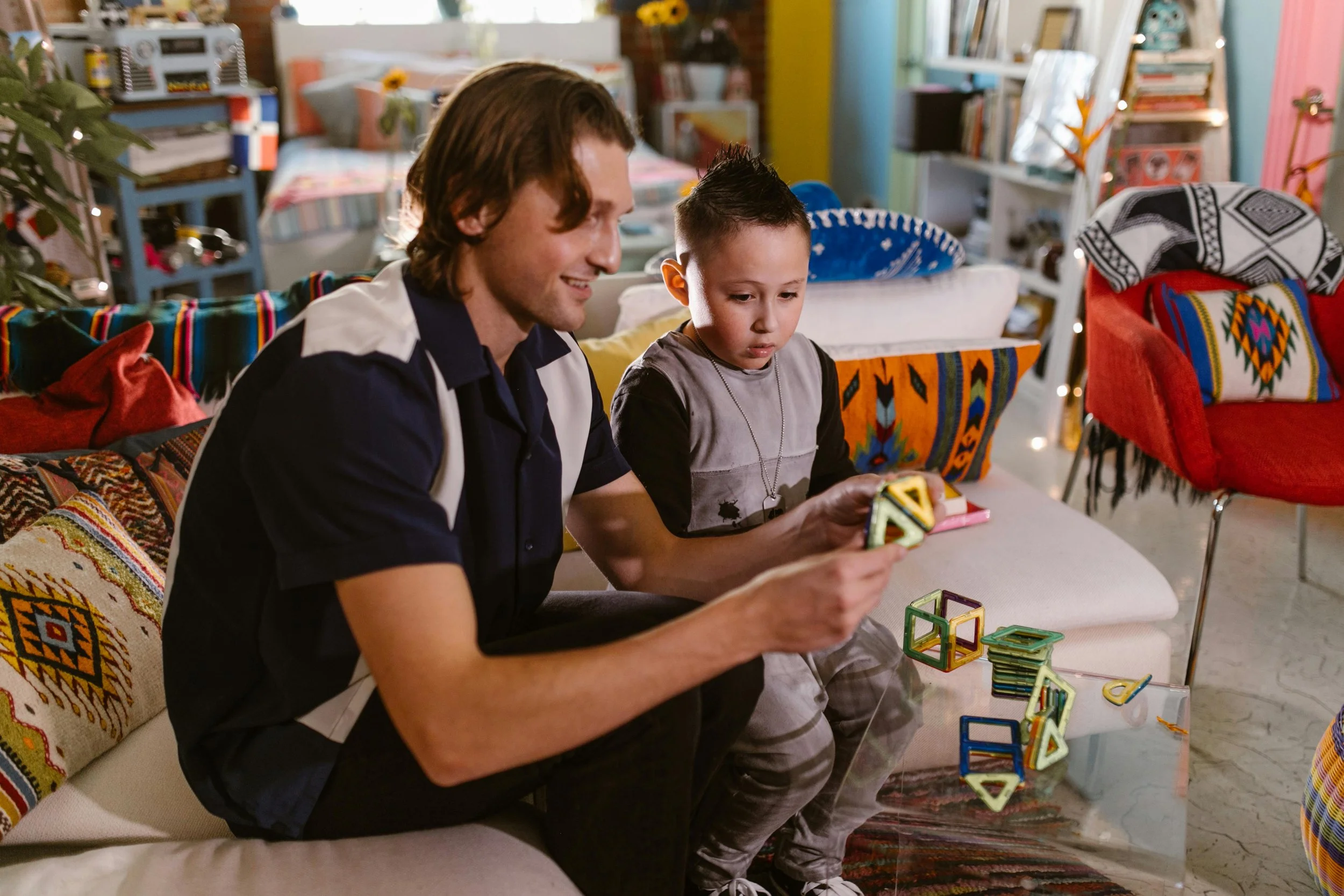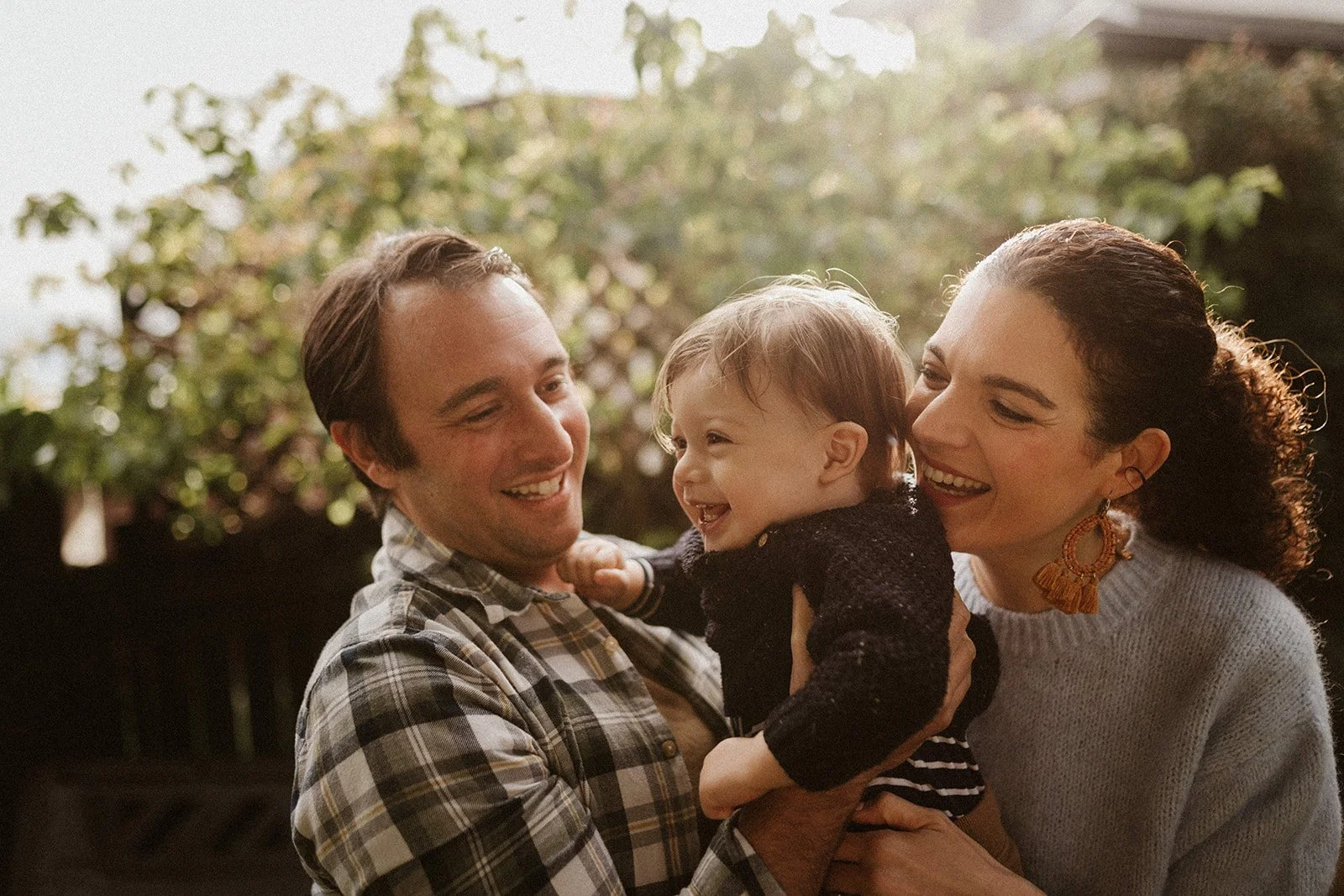Meet Jeremy and Tim: Founders of City-Cave and Wellness Innovators
Michelle and I caught up with James Street business locals, Tim and Jeremy, owners of floatation therapy centre City-Cave. If you've already had the experience of visiting City-Cave for float therapy and yoga, you're in for a treat at their newest studio in the works in Rosalie. There will be room for more float rooms, a yoga area, cooking space, an outdoor lounge, and on-site health and wellness experts for your guidance opening later this month!
Big and exciting things are happening for City-Cave and Mini Nanny agency is excited to announce new collaborations between our two businesses is in the works. With their bigger studio space in Rosalie, Tim and Jeremy are hoping to get more involved in the community especially with the Rosalie local school just across the street. Introducing kids to holistic approaches to health and wellness is one of many new branches that City-Cave is eager to explore with their new location.
How did you two get into floatation therapy and where was your starting point for City-Cave?
J- We started out in the business of retail. It was a very stressful, cut-throat industry. You don't make many friends in it.
T- I could see myself at 50-years-old now being on death's door because of the stress we were dealing with in our lives from our last business. It was highly stressful and we weren't living. We were living to work, so we sold the business. Everything happens for a reason and we came to the decision to sell our company to take some time off, and really decide on what we want to do.
J- I've dealt with anxiety my whole life and there was no healthy outlet for me leave it behind. We caught wind of float therapy through by brother. We first tried it in the centre of CBD. Everything is a business to us and it all started from there.
What were your initial goals with opening up City-Cave on James Street?
T- In the early stages, we spent a lot of our resources educating people. Few people have experienced floatation therapy, but almost everybody has heard about, or know of someone who has floated before. Research and development were huge for us. We did a lot of our research in the States. It always takes a bit of time for Australia to catch on to new trends from America, and we want to be right up there as innovators in Australia.
J- Our initial goals, and even now expanding into Rosalie, has always been building a brand and culture around wellness. Health should be an ongoing practice, not something people only think of when they need to see a doctor. We're certainly not the first people to think like this, but we just want to be one of the first to implement this and create spaces where people want to be comfortable to hang out and feel and excited about their physical and mental well-being.
What is the most challenging aspect of starting a company?
T- You have to have thick skin and the right mindset. I rung my mum and told her what I was putting my capital into and she cried because she had no idea what float therapy was because it's so new. But over the last 6 months, I've been getting text messages from her like "ooh, I just saw something on TV. You might be on to something!" I think especially for something new like this, it's just educating people and eventually, it catches wind.
What are some of the benefits of floatation therapy?
T- There are so many. Magnesium intake is a huge benefit. Australia is known to be being really low in magnesium. Floating weekly, I've found a change in my energy levels, my sleeping was 10x better, and if you're going to the gym a lot, you'll find overall improvement in joint and muscle pain. Magnesium is a natural muscle rexalin found in the Epsom salt. It's antibacterial, and great for your skin. That's all the physical stuff. The mental stuff is also another large element.
J- It's a forced meditation. Steph Curry uses float therapy for his mental game. It helps you cope with external pressure, visualisation, and finding that flow state. For high-stress jobs, it helps you step away from stress and regathers thoughts, prioritise, stimulate creativity, and become more efficient.
T - Floating makes me mentally bullet-proof. Brings inner peace. We're not hippies, this is just speaking as two regular guys.You have to learn how to do it, but there's no such thing as a bad float and it get's better the more you practice. It's hard because we juggle a lot of different personalities that walk through the door. It takes time, like anything. You need to learn and give it a change.
Do you recommend kids to try floating and would you recommend it to someone with ADHD?
J- Absolutely. Floating is a great tool for managing your thoughts. I would love to get more kids and especially teens through those doors and open up a world of ways to approach health. It doesn't need to be a sterile doctor's room experience.
T- Having a psych on board, nutritionists and other experts will really be an added benefit to anyone. Psychs are there help prepare the mind for your float and help you understand your thoughts. I think learning interpersonal skills, switching off, and understanding your thoughts are great tools for anyone especially if you learn them at a younger age.
Do you have a recommended age for kids to float?
T- It's not so much about age, but more maturity. The teenage years are very important developmentally and something like this can really help them cope with gaining more responsibility and managing their emotions.
You mentioned wanting to get involved in the communities more especially with children's sports and health. What do you think that that looks like for you guys?
J- There's so much potential to be had with this space (in Rosalie) and the school across the street. We just really want to get involved in the community at no cost to introduce kids to a holistic approach to health. We have a nutritionist who will be doing cooking demonstrations, kids' yoga, and we'd love to help out on their sports days!
What are some personal markers for success in your lives?
J- A smile. When it comes to success, it's a personal thing--knowing what your success is, know what you want, and achieving it.
T- I don't want to come up to the end of my life and say "cool I have a house a car, and all this money but I spent all my life working in negativity." It's not a nice way to make money. If I can sit back and enjoy the process and enjoy the company of people who have found something valuable in what we do, then I'm happy.
T - We had a lady come out of a session with tears rolling down her face. She was on chemo for months and was experiencing chronic pain. She was so relieved coming out of her float and thanked us. She said it was the most amazing rest she had experienced in quite some time and she was able to feel relief from her pain. She came back every week. I get fuzzy over it.
















Make back-to-school transitions easier for kids with expert tips from nannies in Brisbane. Learn how to establish routines, prepare the night before, create productive homework zones, support social and emotional growth, and include sensory activities. Explore nanny jobs Brisbane and nanny babysitting jobs Brisbane for professional childcare support.